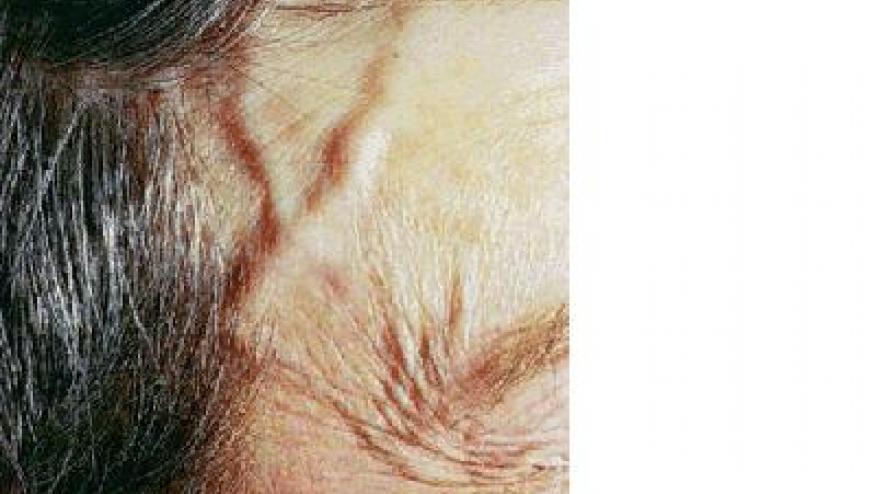TitAIN Study: Secukinumab Efficacy in Giant Cell Arteritis Save

A phase 2 trial has demonstrated the efficacy of secukinumab, an anti-interleukin-17A monoclonal antibody, in patients with active giant cell arteritis (GCA).
A randomised, double-blind, placebo-controlled, multicentre, phase 2 study in Germany enrolled adults (> 50 years) with new-onset or relapsing GCA, despite prior glucocorticoids therapy (prednisolone equivalent dose of 25–60 mg/day). Patients were given either 300 mg secukinumab or placebo subcutaneously weekly for 4 weeks and then monthly to week 26. Prednisolone dose was tapered down to 0 mg over a 26-week period. The primary endpoint was the sustained remission until week 28.
A total of 52 patients were enrolled with a median age 75 years (all White). Discontinuations were observed in 4/27 SEC and 8/25 PBO patients.
Sustained remission by week 28 was seen in 70% of SEC versus 20% in the placebo group. Adverse events were equal between groups and 2 patients (one in each group) died during the study; neither related to study treatment.
Sustained remission was more likely to be achieved in the GCA patients treated with secukinumab. Further studies of secukinumab in giant cell arteritis are needed.










If you are a health practitioner, you may Login/Register to comment.
Due to the nature of these comment forums, only health practitioners are allowed to comment at this time.